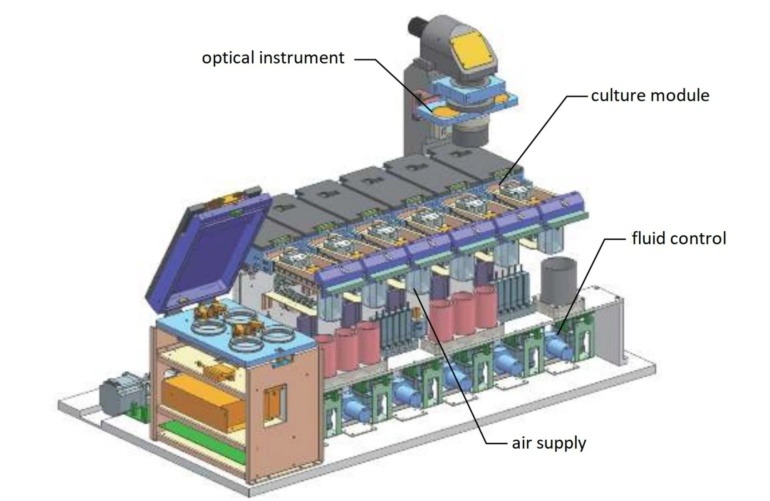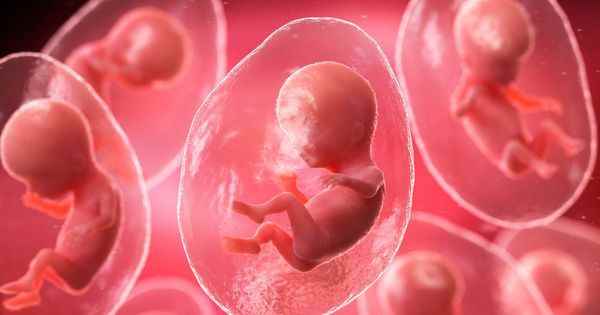Published 1 day ago,
Reading 2 mins.
One could believe in a science fiction story and yet… China has just announced that it has developed artificial wombs, monitored by “a robotic nanny”, for the gestation of a fetus. Explanations.
Chinese scientists are trying to achieve the impossible: grow fetuses inside artificial wombs. The latter are controlled by an artificial intelligence, acting as a “nanny”, capable of monitoring the growth of the fetuses and of intervening on certain environmental factors. Their work was published in the Journal of Biomedical Engineering on December 1.
“Long-term embryo culture devices”
These artificial wombs have therefore been developed by scientists with the aim of growing a fetus, or rather mouse embryos. They look like a plastic bag, irrigated by tubes bringing the mouse embryos inside the nutritious fluids necessary for their growth. For optimal development, the researchers connected these wombs to “robotic nannies”. These are controlled by artificial intelligence, capable of detecting the needs of the embryos and alerting a technician if necessary.
A solution to the decline in the Chinese birth rate?
China is not the birth rate champion. Until 2015, the one-child policy had long kept the Chinese below the birth rate to renew the population, which is now aging in the country. The authorities have changed things, now allowing 3 children per family, but this measure seems insufficient: in fact in 2021, there were only 7.52 children per 1000 people in China. For the scientists behind this discovery, artificial wombs could “reduce the mortality of very premature babies” and allow women to carry out a pregnancy regardless of their health problem.
Human embryo research limited to 14 days
These artificial wombs currently only house animal embryos. Indeed, this development of the researchers raises ethical questions, because drifts are possible. But even before being able to continue their research, international law blocks because it limits “research on human embryos to 14 days of development”.

Yet Sun Haixuan, lead author of the research, believes there are still “many unsolved mysteries about the physiology of typical human embryonic development.” According to him, going beyond this period would allow “not only to better understand the origin of life and the embryonic development of man, but also to provide a theoretical basis for solving congenital anomalies and other major problems of reproductive health”.
Ethical issues in case of use on humans
In addition, surrogacy is prohibited in China and therefore would outlaw any hospital that would use this process. “I don’t think any hospital would want to take on that responsibility.”concluded Sun Haixuan.
Without going back to the books of Henri Atlan, Aldous Huxley or the films Welcome to Gattaca or Matrix, it is easy to understand that the use of such a machine on humans would raise important ethical questions.
